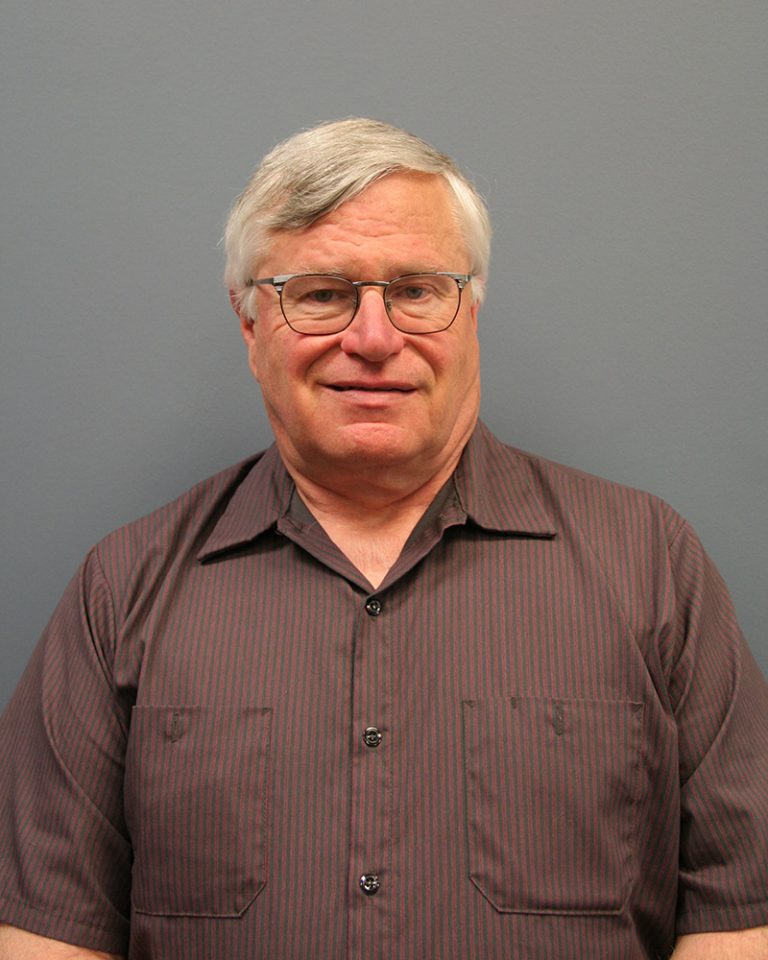Dr. Gene Edward Veith

2006-Present, Permanent Director
Gene Edward Veith, Jr., is a writer and a retired literature professor. He is Provost Emeritus at Patrick Henry College and the Director of the Cranach Institute at Concordia Theological Seminary in Ft. Wayne, Indiana. He previously served as Culture Editor of WORLD MAGAZINE and Professor of English and Dean of the School of Arts & Sciences at Concordia University Wisconsin. He is the author of 28 books, including Postmodern Times: A Christian Guide to Contemporary Thought and Culture, The Spirituality of the Cross: The Way of the First Evangelicals, Classical Education, and God at Work: Your Christian Vocation in All of Life.
Dr. Veith graduated from the University of Oklahoma in 1973 and received a Ph.D. in English from the University of Kansas in 1979. He has honorary doctorates from Concordia Theological Seminary (2005), Concordia University California (2014), and Patrick Henry College (2016). He has taught at Northeastern Oklahoma A&M College and was a Visiting Professor at Wheaton College, Gordon College, and Regent College (Vancouver). He was also a Visiting Lecturer at the Estonian Institute of Humanities in Tallinn, Estonia. He and his wife Jackquelyn have three grown children and twelve grandchildren. They live in Blackwell, Oklahoma.
He became involved with classical education when a former student started a classical school and showed him what that approach could do. That led to writing a book with that student, Andrew Kern, on the classical school movement, entitled Classical Education. When the Consortium for Classical Lutheran Education started, he was invited to be on the board.
He says this about classical Lutheran education: “Classical education goes back to the kind of education given in the Greek democracies and the Roman republic to equip citizens for freedom, as opposed to the sheerly economic education given to slaves. Classical education teaches students knowledge, understanding, and creative application. When Luther and Melanchthon opened schools to teach Christians how to read the Bible, they chose to implement a classical curriculum plus catechesis, giving students an excellent education that led to unprecedented social mobility.”
